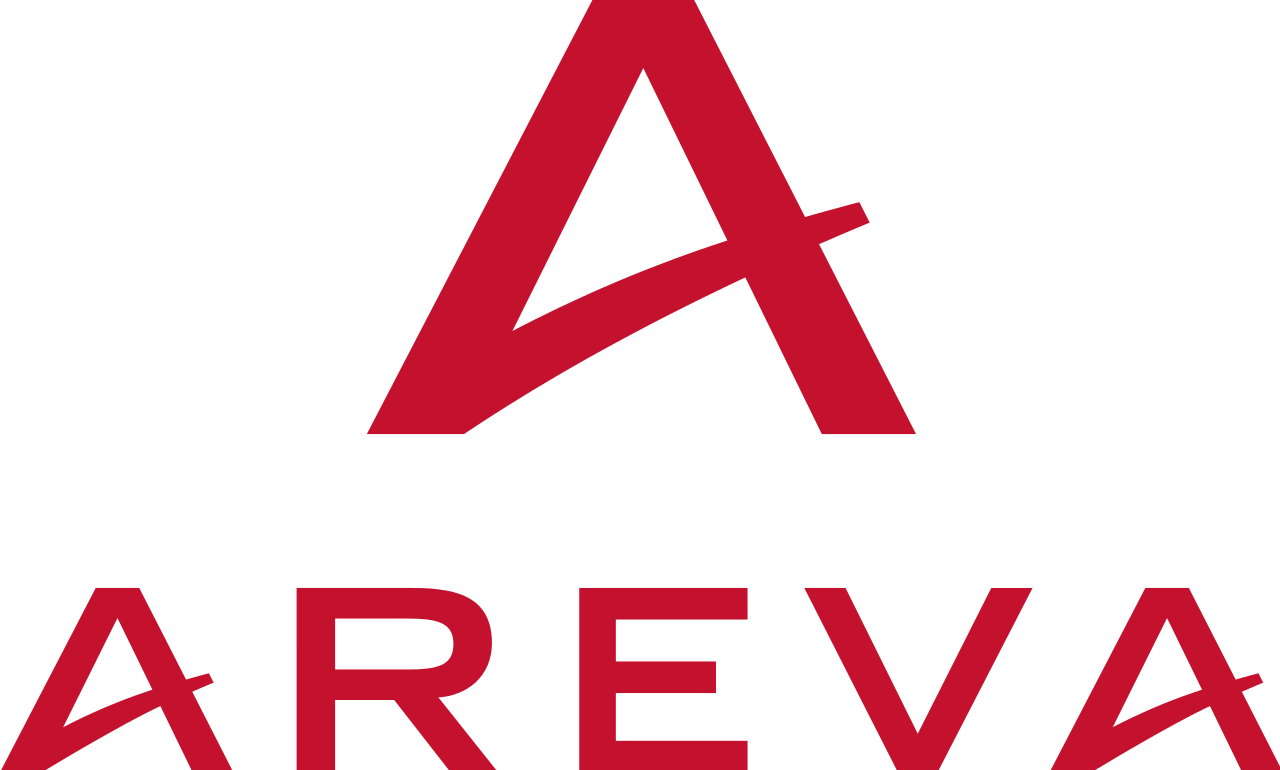4/6/2007
Press release
Treatment activity:
During this period, the UP2 800 and UP3 plants treated 24 tons of spent fuel. From all treated assemblies, a total of 1189 tons have been processed to date this year.
During this period, 23 canisters of vitrified fission products has been produced(1) in the vitrification facilities. Since the beginning of the year, 138 canisters have been produced.
The facility of hulls compaction (ACC) produced 26 canisters of compacted residues. Since the beginning of the year, 298 canisters have been produced.
The actuality, it is also...
...Fourteenth transport of vitrified waste from France to Belgium
27 canisters of vitrified wastes left, on April, 2nd, the TN International's railway terminal of Valognes to Belgium. It was a shipment of vitrified residues, which represent the ultimate residues of 47 uran tons and allowed to supply more than 1.9 millions of Belgian with electricity during one year.
With this fourteenth transport, 100% of vitrified waste are already returned to owners.
(1)The fission products (ultimate residues of spent fuel) are incorporated in heated glass to approximately 1100°C. The whole is poured in stainless steel containers. The fission products are an integral part of stable, compact and resistant glass. This process is called vitrification.
www.areva.com
During this period, the UP2 800 and UP3 plants treated 24 tons of spent fuel. From all treated assemblies, a total of 1189 tons have been processed to date this year.
During this period, 23 canisters of vitrified fission products has been produced(1) in the vitrification facilities. Since the beginning of the year, 138 canisters have been produced.
The facility of hulls compaction (ACC) produced 26 canisters of compacted residues. Since the beginning of the year, 298 canisters have been produced.
The actuality, it is also...
...Fourteenth transport of vitrified waste from France to Belgium
27 canisters of vitrified wastes left, on April, 2nd, the TN International's railway terminal of Valognes to Belgium. It was a shipment of vitrified residues, which represent the ultimate residues of 47 uran tons and allowed to supply more than 1.9 millions of Belgian with electricity during one year.
With this fourteenth transport, 100% of vitrified waste are already returned to owners.
(1)The fission products (ultimate residues of spent fuel) are incorporated in heated glass to approximately 1100°C. The whole is poured in stainless steel containers. The fission products are an integral part of stable, compact and resistant glass. This process is called vitrification.
www.areva.com
